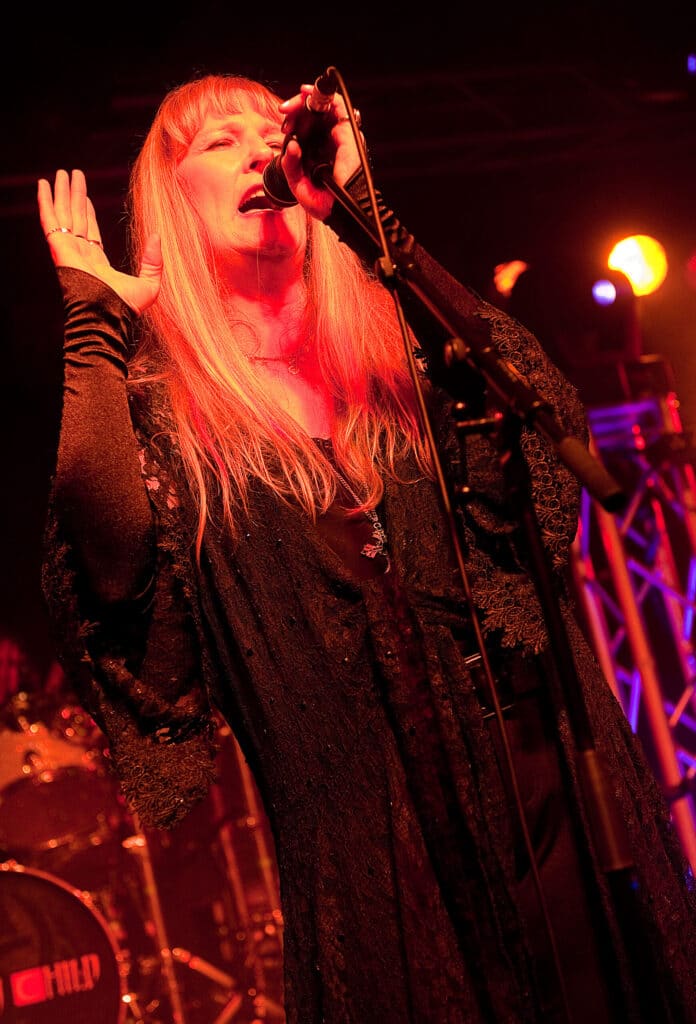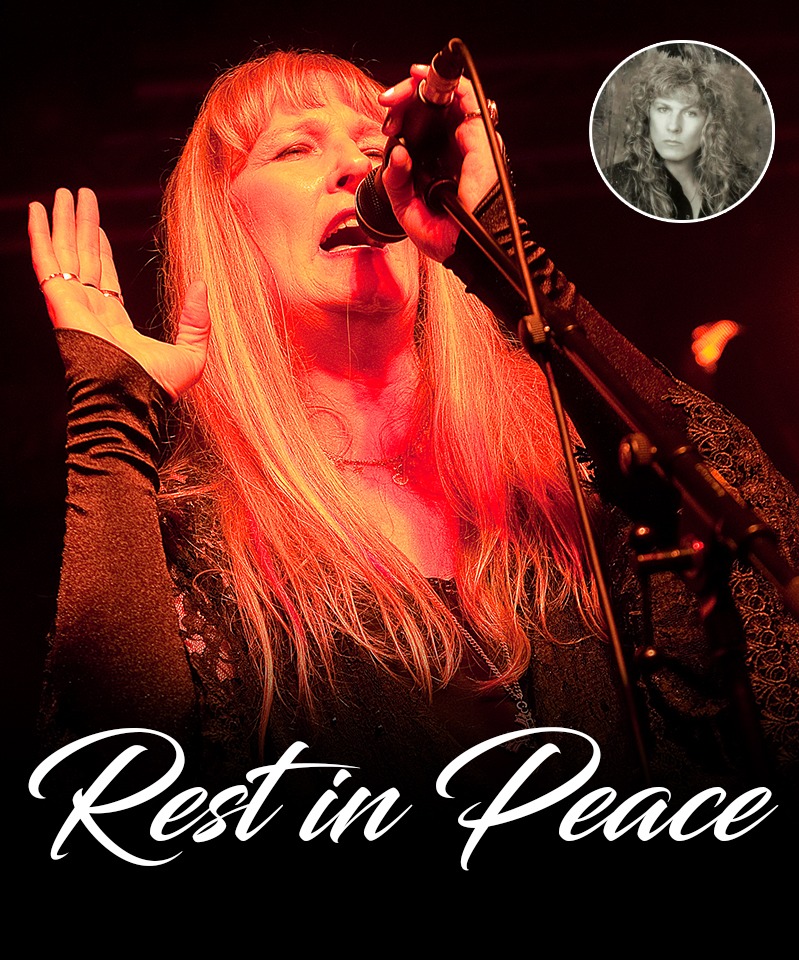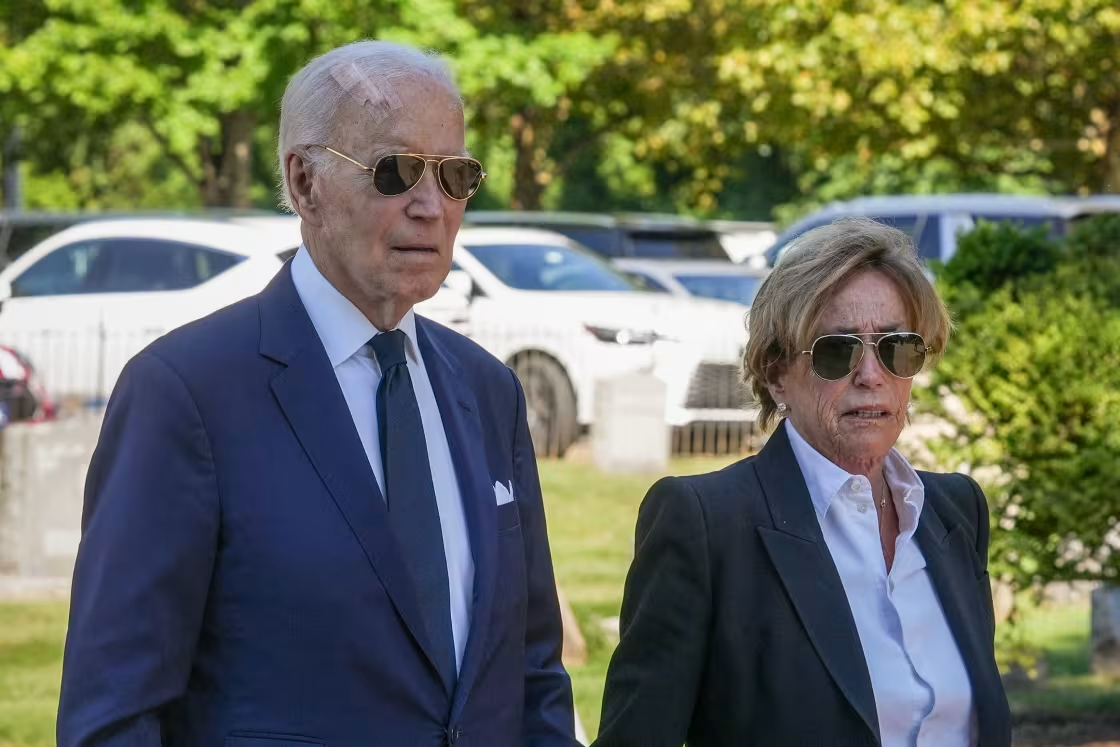Rock fans are grieving a true original. Marcie Free — the powerhouse voice of King Kobra, Signal, and Unruly Child — has died at 71, a loss confirmed by drummer and longtime friend Jay Schellen, who played with her in Unruly Child. He wrote: “Marcie was a marvel to behold. A voice that had no limits and no equal, a truly singular talent and one of the most open and beautiful souls I have ever known,” adding, “I’m gutted and can’t say much more.” He continued, “This is heartbreaking. Bruce, Guy, Larry all of which I hold dear as family are shattered for the loss of our Marcie. We began UC together in 1992 and continued our friendship and music making throughout these years to this day. Marcie was always an Angel — now you have your wings.”
Born Mark Edward Free in South Bend, Indiana, in 1954, she chased music from the time she was 19, moving from Michigan to Las Vegas and then Los Angeles. Her break came in 1983 after meeting Carmine Appice; with King Kobra, she signed to Capitol Records and lit up mid-’80s melodic rock with Ready to Strike and Thrill of a Lifetime. She later fronted Signal, whose Loud and Clear became a cult AOR favorite, and by 1990 found a creative home in Unruly Child with Bruce Gowdy and Guy Allison; their 1992 debut cemented her legend as a storyteller with range and fire.

In 1993, after that first Unruly Child album, she publicly came out as transgender and embraced the name Marcie Michelle Free. The move was courageous and costly. She acknowledged that “My whole musical world quickly fell apart,” saying she was shunned and momentum stalled. Transitioning, she said, was “a decision between life and death” and that had she remained Mark, she “would have died for sure.” She stepped away from music, returned to Michigan, battled alcoholism, and later found sobriety around 2008, crediting faith and a “close personal relationship with God.”
Her second act began in 2009 when she reunited with Gowdy and Allison to relaunch Unruly Child, releasing albums like Worlds Collide and Down the Rabbit Hole. Fans never stopped caring; her journey—from glam-metal stages to a brave transition and a triumphant return—quietly made her a hero to many. Tributes flooded in: “One of my all-time favorite singers to work with. Such an incredible loss,” wrote one admirer. Another shared, “Absolutely without question one of my biggest vocal influences… Just an incredible person. My heart breaks personally and for you. Truly a loss for humanity.” Journalist Andrew McNeice posted: “It’s the kind of news you dread, especially in the middle of the night… But my friend Marcie Free has left us and I’m heartbroken. I’ll have more to say later. RIP the voice of AOR.” On Reddit, a fan remembered, “OMG! She did an incredible job on Ready to Strike. I saw King Kobra in San Diego in the ’80s. There were only about 100 people in the club but they gave us an arena show. Sorry to hear about her passing.”
She often cited Aretha Franklin as a guiding light, and you could hear that soulfulness in a rock voice that never seemed to hit its ceiling. Schellen’s tribute—“Marcie was a marvel to behold”—sums up how it felt to be in the room when she sang. Her legacy is power and vulnerability in perfect balance, a life that refused to be boxed in, and a reminder that authenticity is the purest form of beauty. You were, as her bandmate said, “always an Angel.” RIP, Marcie Free.



